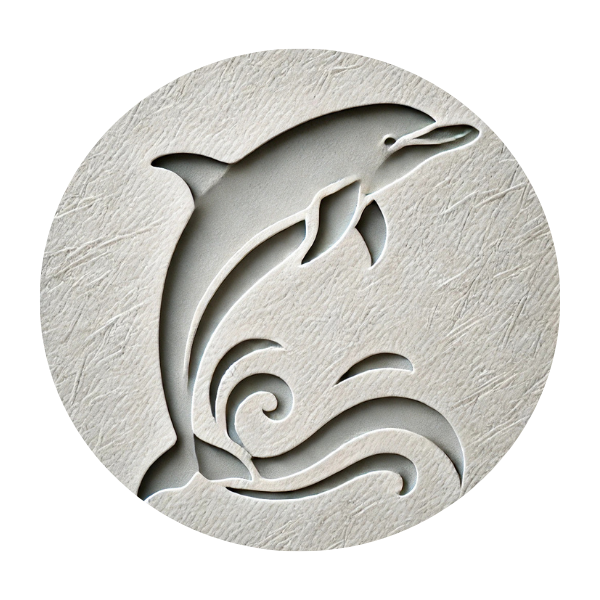GRATITUDE
I am deeply grateful every day for the blessings in my life and the lessons I get to learn on my journey
WHAT IS GRATITUDE?
A feeling of thankfulness and appreciation, often in response to kindness or benefits received.
Synonyms: Thankfulness, Appreciativeness.
Antonym: Ingratitude
“When we focus on our gratitude, the tide of
disappointment goes out and the tide of love rushes in.”
Kristin Armstrong
HOW TO RECOGNIZE GRATITUDE IN OTHERS
AND ONESELF
HOW TO RECOGNIZE
IN OTHERS
Body Language
Gentle or open gestures, reaching out,
maintaining eye contact
Facial Expressions
Soft smile, warm eyes,
relaxed expression
HOW TO RECOGNIZE
IN ONESELF
In the Body
Warm sensation in the chest,
relaxed shoulders
In the Mind
Thoughts of appreciation,
focus on kindness or gifts received
HOW TO GRATITUDE GRATITUDE IN OTHERS
AND ONESELF
HOW TO RECOGNIZE
IN OTHERS
HOW TO RECOGNIZE
IN ONESELF
Body Language
Gentle or open gestures, reaching out,
maintaining eye contact
In the Body
Warm sensation in the chest,
relaxed shoulders
Facial Expressions
Soft smile, warm eyes,
relaxed expression
In the Mind
Thoughts of appreciation,
focus on kindness or gifts received
What is something small that I often take
for granted but am grateful for?
TIPS AND TRICKS ON HOW TO DEAL WITH THIS
EMOTION

Write down three things you’re grateful for every day, focusing on the positive aspects of your life.

Close your eyes and focus on people or experiences you’re thankful for, feeling the warmth of gratitude.

Write a heartfelt thank-you letter to someone who has positively impacted your life.

Practice Camel Pose (Ustrasana) to physically open your chest and heart, embodying gratitude.

Take a walk, noticing and appreciating the beauty around you, like the trees, sky, or fresh air.

Create a piece of art that symbolizes your gratitude, using colors and shapes that resonate with your feelings.
CURIOUS FACTS ABOUT GRATITUDE
ANIMALS ASSOCIATED WITH GRATITUDE
Different animals are associated with different emotions in different cultures. Flip the coins to found out more:




